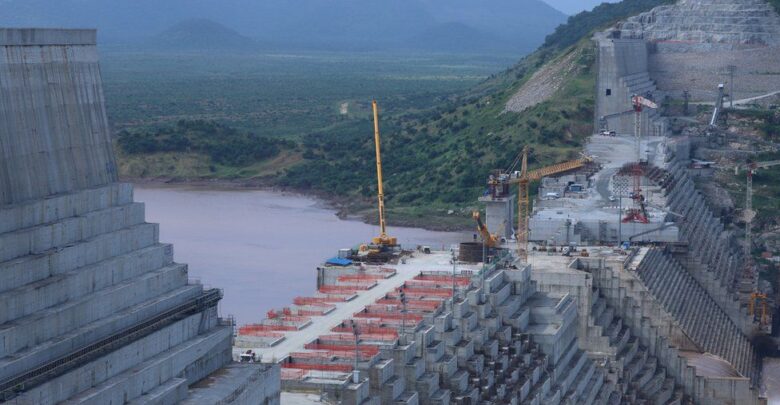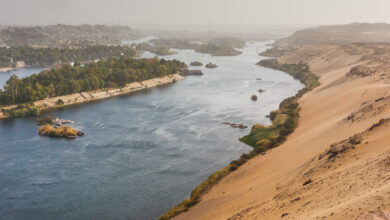
A Sudanese minister on Wednesday said the giant dam constructed By Ethiopia on the Blue Nile made no impact on this year’s floods in Sudan, which had taken a lot of precautions to prepare for the floods in the absence of any deal to regulate the flow of water, reported Ahram Online.
Ethiopia, Sudan, and Egypt have had many rounds of negotiation talks over the $ 5 billion Grand Ethiopian Renaissance Dam in the past, but the talks have failed to reach any conclusion so far. No agreement has yet been reached on the operation of the dam and the dam remains the backbone of the conflict between the three countries.
On Wednesday, Sudanese Irrigation Minister Yasser Abbas said that the failure to exchange information on the Grand Ethiopian Renaissance Dam (GERD) before the recent unilateral filling of its reservoir caused Sudan to incur heavy expenses.
Last month, Ethiopia had announced that it would continue with the second filling of the GERD’s reservoir despite Egypt and Sudan’s rejection of the unilateral decision before a legally binding agreement on the filling and operation of the dam is finalized.
Ethiopia announced the completion of the second filling on July 19, asserting that it has caused no harm to the two downstream countries and claiming that the dam reduces the harm of Nile floods.
In a tweet, Abbas confirmed that the GERD did not have any negative impact on the devastating Nile floods the country faced this year. He explained that the amount of water flowing from the Blue Nile into the dam after 20 July has been equal to the amount flowing out of it.
“Despite the unilateral filling of the GERD, the water passed through the middle passage of the dam on 20 July. After that, the [amount of] Blue Nile [water] entering the dam is [equal to] what came out of it,” Abbas said on Wednesday.
The Sudanese minister said that the floods this year witnessed an unexpected amount of water coming from the Nile, exceeding any amount of flooding the country faced in the past 100 years. He said that the average water flow of the White Nile in July in previous years varied between 70 and 80 million cubic meters per day, however, this year’s flood season recorded a daily flow ranging from 120 to 130 million cubic meters per day.






